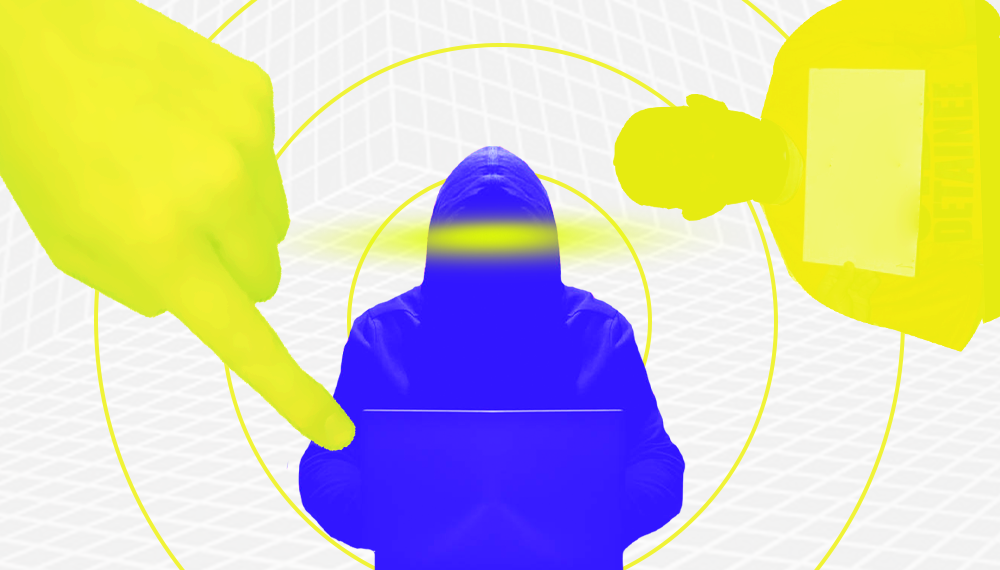
Summer 2020 has been balls-to-the-wall wild, and we don’t mean in a Music-Festival-Beach-Island-Party kind of way. We mean in a Highly-Infectious-Pandemic-Leading-to-Mass-Unemployment-and-Home-Quarantine-Isolation-with-matching-Global-Fascism-Giving-Birth-to-Riots-in-the-Streets kind of way. This is the kind of summer that you can tell your grandkids about, and they would still doubt you.
While the world burns, Filipinos are getting ready for a front-row view of our own locally-flavored creeping curtailment of rights in the form of the newly-passed Anti-Terror Law.
There has been a lot of lively debate on the pros and cons of this bill–both online and offline–but most of it is for naught, as the bill passed anyway, to the chagrin of anyone who bothered to actually read the legislation.
As the Filipino saying goes, “Nandito na tayo.” While we keep the pressure on our representative lawmakers in Congress to junk this draconian law, it wouldn’t hurt to prepare for the worst.
We dropped a line to the Computer Professionals Union (CPU), an activist mass organization composed of Filipino information technology professionals, practitioners, and workers, to give us the low-down on how meme-loving, woke Twitter Filipino shitposters and factservers can protect ourselves and our freedom of expression in the face of this Anti-Terror Law.
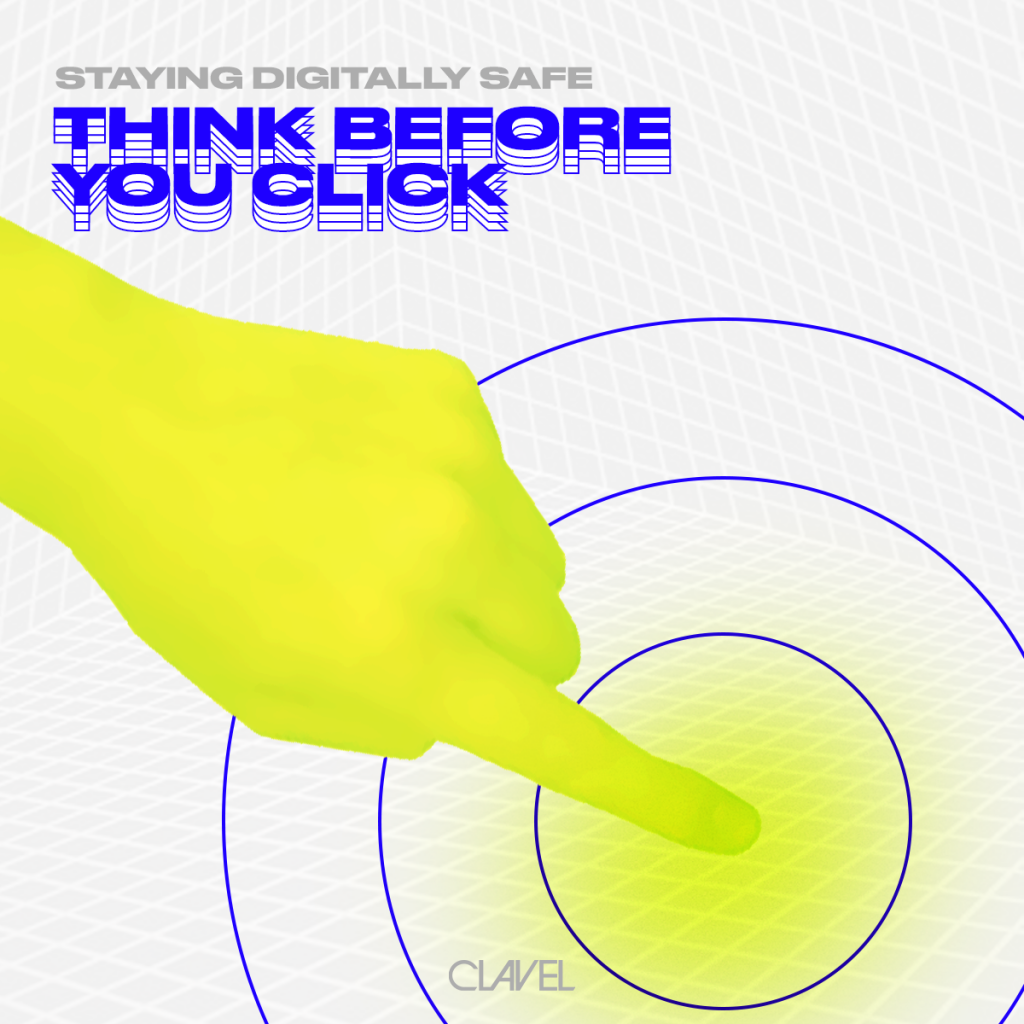
First things first: is there anything to fear with the Anti-Terror Law? Or are we just being paranoid?
CPU: Back in 2007, The GMA administration passed the Human Security Act in order to safeguard the Philippines from terrorists. The bill was first proposed in 1996 by then Senator Juan Ponce Enrile and was passed with a lot of revisions by then Senator Aquino Pimentel, Jr.
The Anti-Terror Law, which aims to amend the Human Security Act of 2007, is greatly criticized to be “loosely worded” and “can be open to any interpretation.” It also removed some of the safeguards of the previous Law like requiring a warrant of arrest. With the amendments in place, a person suspected of being a terrorist or a supporter of a terrorist group can now be detained for up to 14 days, which can be extended up to 7 days without legal council. The new bill also removed the provision in which the State will compensate the accused if found innocent.
Given the abuse of the previous law, the dubious amendments of the new law, and the overt human rights abuses committed by state forces, it is only a matter of time when the Anti-Terror Law will be abused. In fact, even without the law, the state is already repressing those who are vocal against the administration–arresting them upon suspicion and giving out subpoenas for mere social media posts.
Does the Philippine Government actually have the technological infrastructure and know-how to conduct surveillance on the online activities of private citizens?
CPU: Under the newly enacted Anti-Terror Law, the government has the power to conduct digital surveillance on potentially anyone.
Section 16 of Anti-Terror Law lays down the provisions on how ICT can be weaponized against the public as it gives the state the power to surveil suspected “terrorists” and intercept and record their communications, including those done via the internet.
On top of the potential abuse that can be committed by the authorities in gathering blackmail materials or private and sensitive personal information from those tagged as suspects, this essentially bypasses the constitutional presumption of innocence enjoyed by all Filipinos.
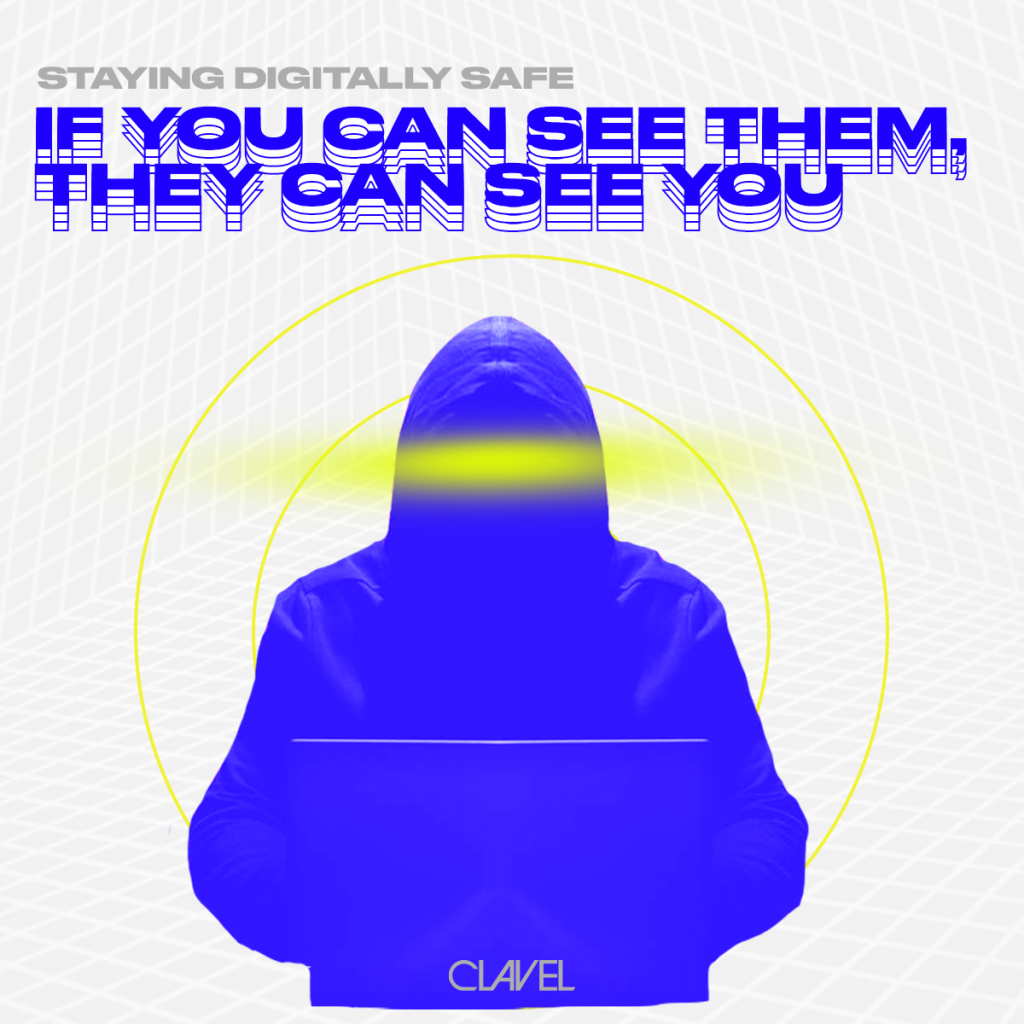
What is more troubling about this is that while surveillance can only be enacted through an application filed by police authorities and the Court of Appeals’ written approval, these documents are now deemed classified information as per Section 18. Access to these documents “shall be limited to the applicants, duly authorized personnel of the ATC, the hearing justices, the clerk of court, and duly authorized personnel of the hearing or issuing court.” This means that surveillance activities are now above the scrutiny of institutional safeguards. It can be used by the administration to hound and harass anyone whom it perceives to be its enemies.
“Under the Anti-Terror Law, an individual, group, or organization may be surveilled without any warrant, merely on suspicion.“
Computer Professionals Union
With our tendency to overshare on social media, even without advanced surveillance technology, anyone can collect enough information about an individual and form a profile about them.
But can we seriously get in trouble for what we post on the internet? For liking other people’s posts? For sharing memes?
CPU: The current administration is much more active in giving out subpoenas to those who criticize them over social media posts. There is already a senator who gave out a subpoena to someone who has criticized him.
Why should we be afraid of this law? We’re not terrorists.
CPU: The “if you’re not a terrorist, you have nothing to fear” narrative is propagated by the proponents of this law to gain support. Instead of improving the state’s counterterrorism mechanisms, they want us to forfeit our rights. Our innocence should not come at the cost of our privacy and freedom.
What part of our online activities leaves us vulnerable? Are they checking our social media posts? Private chats? Private emails? Online transactions? Our GPS location?
CPU: We have an old saying when we use the internet: “If you can see them, they can see you”. As long as you use any services on the internet, those who set it up can possibly also see you.
The internet has a lot of vulnerabilities: from connecting from a service provider (Broadband, LTE, Fiber, etc.), to browsing the internet (emails, social media, watching videos, etc), or even selecting a device for access (smartphone, computers). The information available to the attacker–whether the State or online criminals–is very abundant. Information that can be taken from the internet can include the victim’s name, location, online activities (sites you viewed, files you downloaded), financial details. Even your sexual fetishes and psychological profile can be “mined” by attackers.
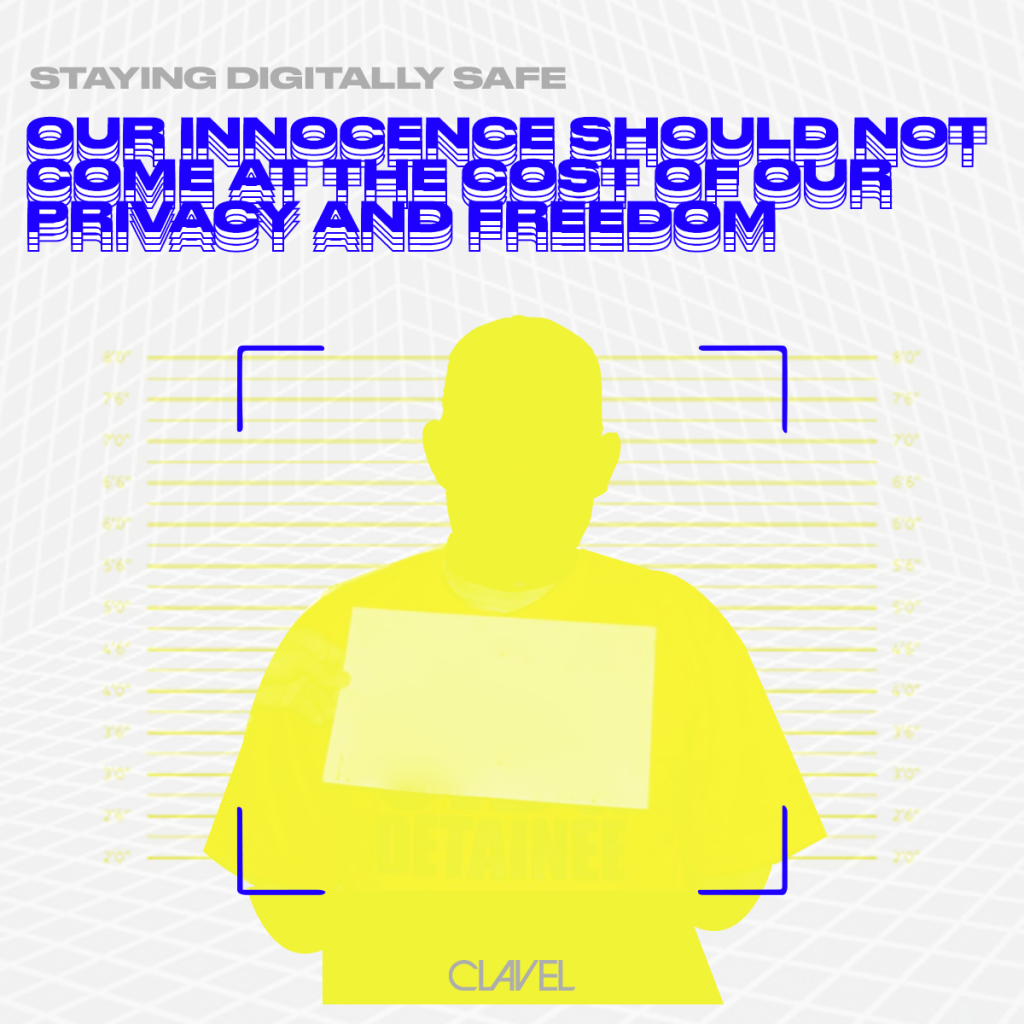
However, there are a lot of ways by which we can mitigate these attacks. From good practices, like “think before you click”, to getting additional services for protection (VPN, firewalls, etc.).
What concrete ways can you recommend for Filipinos to keep ourselves and our online freedom of speech protected? Should we use fake names for social media? Use encrypted messaging apps? Use a VPN?
CPU: Don’t use fake names. Most social media platforms prohibit people from using fake names to prevent identity theft and fake accounts among others. Instead, use a candid pseudonym or an alias—technically, these are also considered fake names but are much more acceptable on social media (ex: Pondering Potato, Edward Allan Whoa, etc.)
Also, some social media applications can be set so you can control which parts of your profile are viewable to the public.
When posting on social media, as much as possible, lessen the telemetry data (location, time, GPS coordinates, people you’re with) that you will be attaching to your post. Some devices and applications automatically add this data. Check the setting of your devices and applications to disable this feature.
Choose which posts to share publicly. Some apps set your posts to public by default. Some social media platforms can also set which group of friends can see what you post.
We also believe that “putting all your eggs in one basket” is dangerous. Here are some applications and services that can be used as an alternative:
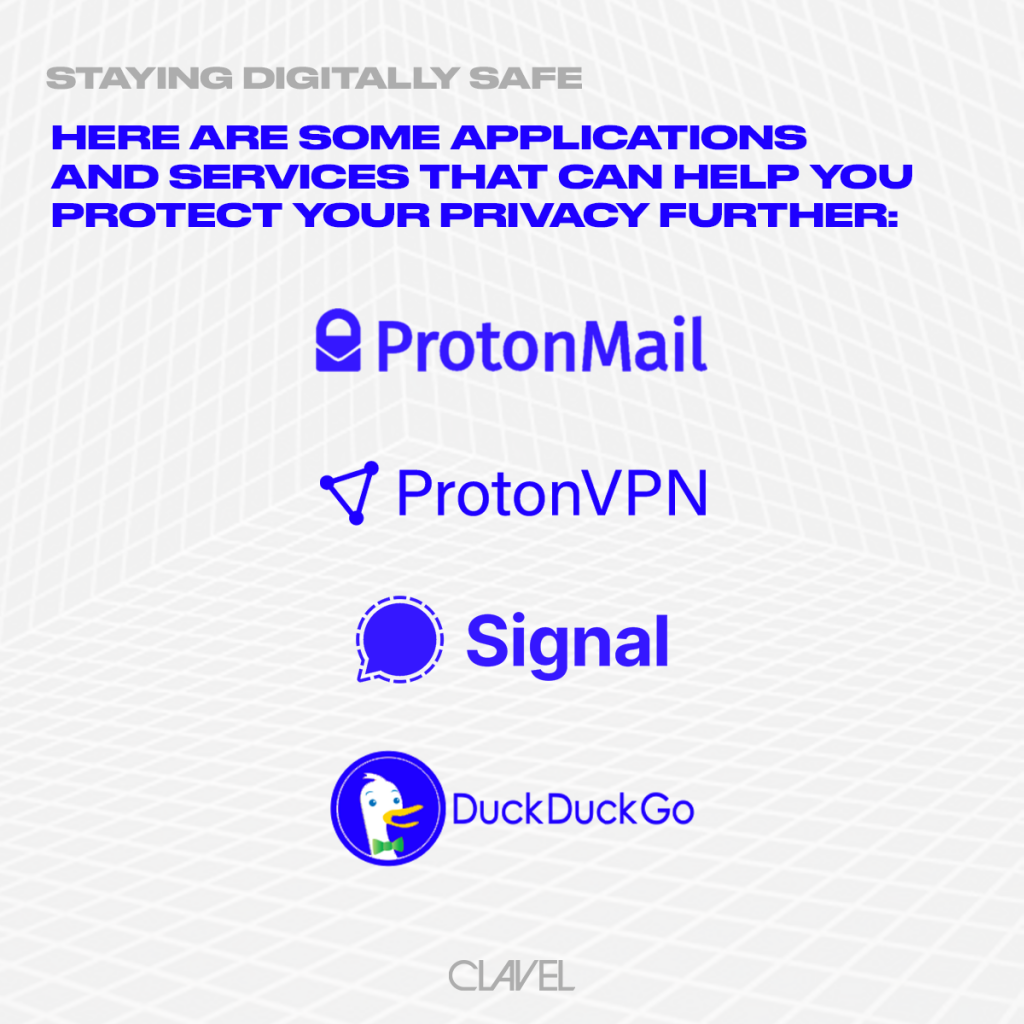
If you want an email account which does not sell your data, we recommend you to use ProtonMail. Although the initial free account has very limited storage, you can pay for even larger storage for personal or business use.
If you don’t want to be tracked or be snooped upon by anyone, you can use a service like VPN. We recommend ProtonVPN, from the same provider/maker of ProtonMail.
We highly recommend and encourage people to use an open source and an “end-to-end” encrypted messaging tools or applications, such as Signal, to secure and protect our communications online.
As for secure search engines, you can use Duckduckgo. It does not collect data to forcibly insert ads in between search results. They don’t collect or share any of your personal information or online activity.
For better or worse, this is our moment in history. What we do now as a generation will define how future Filipinos will live. Keep yourself informed and safe, protect yourself and those around you, and as that old poem goes,
Rage, rage against the dying of the light.
Follow CLAVEL on Facebook and Instagram for news, culture, and more.


